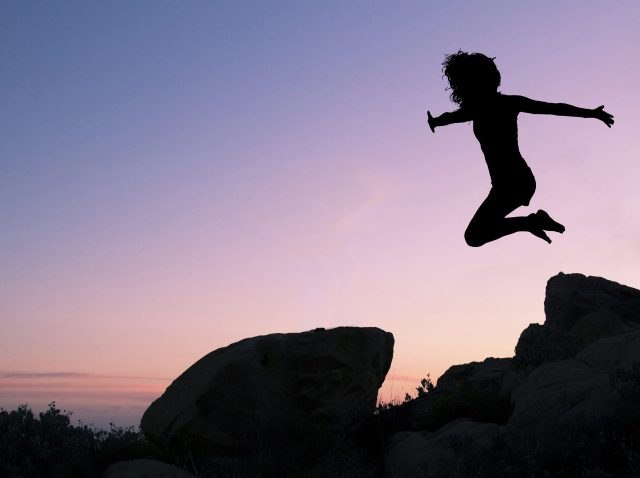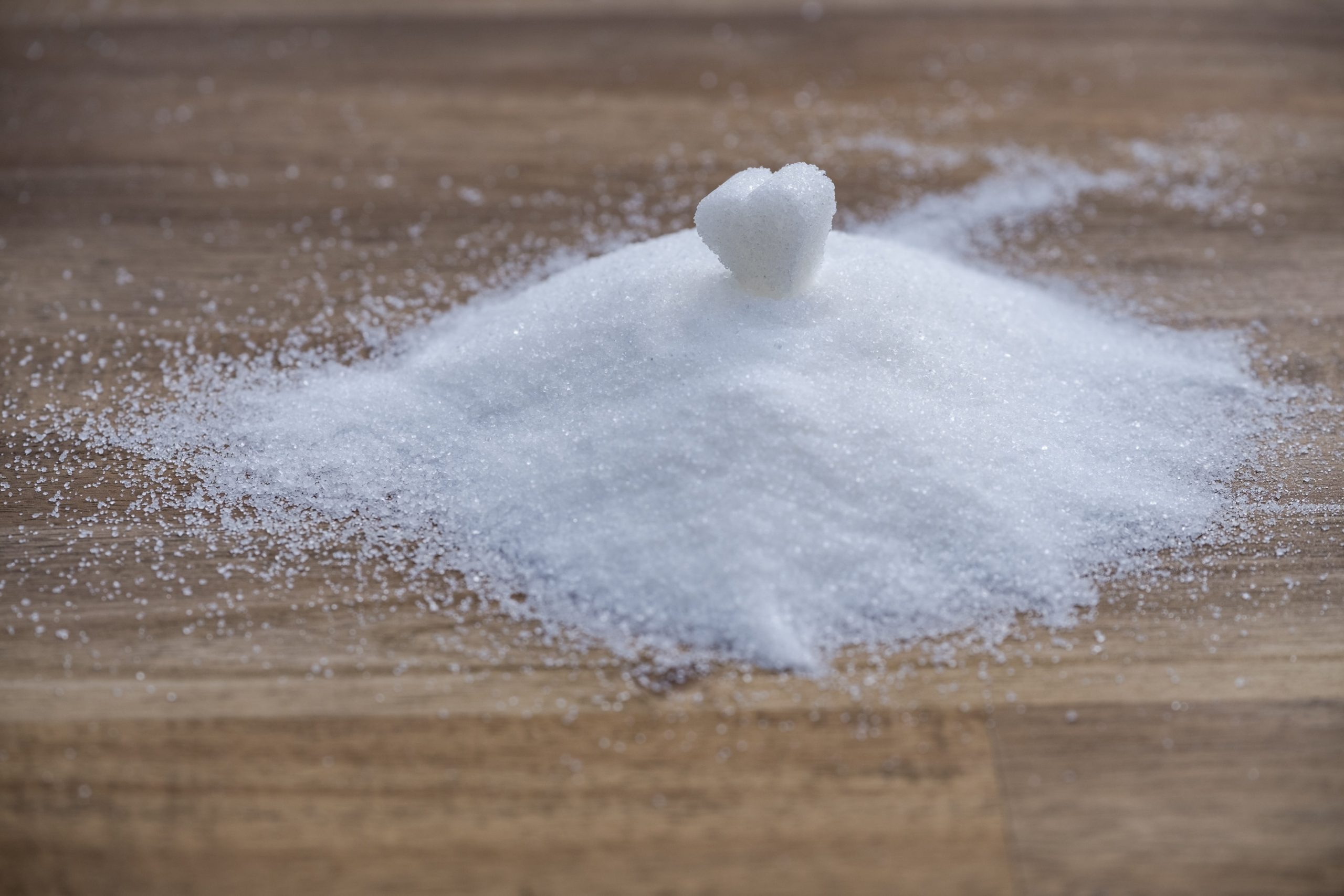
The Romanian authorities have recently taken an important first step towards combating the consumption of energy drinks by minors. After more than a decade of debate on the disastrous effects of energy drinks, Romanian lawmakers have passed a law banning their sale to minors. This makes Romania one of the few European countries to impose such a ban, despite the fact that the European Commission has proposed a ban on the sale of such drinks to minors since 2015. Many countries around the world have banned the famous “wing drink” since the first decade of the millennium, causing discontent among both the Austrians who produce it and the aficionados addicted to its effects. But since then, in the absence of a blanket ban, the market (including Europe) has been flooded with similar products, some marketed as vitamin and mineral supplement drinks, and which have become teenage favourites. Whereas in the 2000s, according to studies cited by non-governmental organisations calling for a ban on energy drinks in the UK, an energy drink cocktail with vodka was a ‘must’, in recent years the age group of consumers has dropped considerably.
Six years and three legislative initiatives before the law was passed
It took Romania six years and three legislative initiatives – two of them government initiatives that never made it through Parliament – to get children’s health concerns regulated by law. In Europe, serious discussions on this issue have only taken place in a few countries, but only in a few have they materialised into laws. One example is Spain, where such a law has been in force since the 1st of January, but only applies in the province of Galicia.
In January this year, a child aged just 13 in a rural village in Transylvania died suddenly after football training. According to the local mayor, the boy had consumed several doses of energy drinks before entering the pitch. Last year, seven children in a village in Moldova – the youngest aged 2 and the oldest aged 15 – brothers, all ended up in hospital after consuming several boxes of energy drinks. The parents were not at home, and the ambulance was alerted by neighbours, who were told by the owner of the village shop that the boxes of energy drinks had gone missing. These are just a few of the serious cases in Romania that have highlighted the harmful effects of energy drinks among minors, but the national press has reported many other cases and has presented testimonies from teenagers, high school students, which clearly show that energy drinks bought without any restriction were consumed even in the premises of educational establishments.

The law adopted by the Parliament in Bucharest “attacks” precisely this aspect, along the lines of the ban on marketing tobacco and alcohol products to minors under 18. Under the law, all traders are banned from selling energy drinks to minors under 18. It is also forbidden to sell such beverages in educational establishments, medical establishments and establishments for the care of the disabled. In these establishments, the sale of energy drinks is prohibited, including through vending machines. Last but not least, the law also punishes the free offer of such products to children and teenagers by retailers, most probably to cover promotional campaigns by companies in shops and other places. According to the law, energy drinks are those containing various combinations of carbohydrates, vitamins, minerals, with two or more substances such as caffeine, taurine, carnitine, guarana, glucuronolactone and other compounds with a central nervous system stimulating effect.
Taurine is a naturally occurring amino acid that is commonly found in the human body. Taurine is generally considered safe in moderate doses, excessive consumption or long-term use of taurine supplements may be associated with unwanted side effects such as digestive disturbances or sleep disturbances.
Carnitine is an organic compound naturally produced in the human body, but is also available in dietary supplement form. It is synthesised mainly in the kidneys and liver from the amino acids lysine and methionine. Excessive consumption of carnitine can cause unwanted effects such as digestive disorders.
Guarana is a plant native to the Amazon region that produces seeds with a high caffeine content. The main active substance in guarana is caffeine, which is known for its stimulating effect on the central nervous system. Excessive consumption of guarana or other sources of caffeine can have negative effects such as anxiety, insomnia, tremors and palpitations. It is also possible for people who are sensitive to caffeine to experience more pronounced side effects.
Glucuronolactone is often added to energy drinks to enhance the stimulating and energising effects. It is thought to help reduce feelings of fatigue and increase energy levels. Glucuronolactone is generally considered safe in doses found in energy drinks and dietary supplements. Excessive or long-term consumption may be associated with unwanted side effects such as digestive upset or anxiety.
Fines for selling energy drinks in Romania can reach up to 6,000 euros
MPs and senators also set a series of “heavy” fines for traders who break the law, which are two to four times higher than those laid down in the law banning the sale of alcohol to minors. Thus the need to amend the law was born. The initiator of the law, the interim president of the Chamber of Deputies, Social Democrat Alfred Simonis, has announced that Parliament will also adopt a law banning the sale of electronic cigarettes to minors, an area which has been “unregulated” but which has developed to the detriment of tobacco consumption in recent years.
While fines for selling alcohol to minors ranged from 100 to 500 lei (€20 – €100), for selling energy drinks, the legislator has from the outset provided for fines of between 5 000 and 30 000 lei. Moreover, the economic operator’s activity can be suspended for 10 to 30 days if the control authorities find a repeated violation of the law.

However, compliance with the provisions of this law will be based mainly on the good faith of the sellers and only in subsidiary on the meticulousness of the state authorities with control powers, for which the only way to check compliance with the law would be, for example, to view all the images taken by the surveillance cameras of the shops, where they exist. (!). In the case of online shops, things get even more complicated, because their usual practice, when it comes to products prohibited to minors, is to ask the buyer if he or she is over 18. In this context, parents have an extremely important role to play in preventing and combating the use of energy drinks – as with other banned substances, from drugs and alcohol to coffee and even addictive sweets such as chocolate. But so far, the Romanian authorities have been ‘fumbling’ with anti-drugs campaigns, with most of them focusing on schools and targeting children and young people directly, and very few so far targeting parents. It remains to be seen to what extent this law will have the desired effects.
Drug use has increased alarmingly in Romania
Experts have shown that, for example, while Romanian state policy is extremely punitive towards drug users, drug use has increased alarmingly.
“Although the state policy against the consumer (possessor) is highly punitive, from 2013 to 2020, consumption has increased, for all drugs, by an average of 70%, i.e. a doubling in the case of cannabis, a quadrupling in the case of cocaine and an eight-fold increase in the consumption of ethnobotanicals,” reads the report “Public anti-drug policies in Romania: between criminal justice and public health”, which cites data from the Ministry of Internal Affairs from 2022.
Even before 2015, when the European Commission recommended that energy drinks be banned, the famous drink that became known under the slogan “gives you wings” was banned in three European countries: Norway, Denmark and Iceland. In other European countries, under pressure from health NGOs, such as France, Ireland, Sweden and the UK, as well as in the US, public debates have been launched on the issue.
At the time, the company that produced the famous drink – which had little competition – sold 1 billion cans a year in 143 countries. An analysis of the effects of energy drinks, which compiled data from 57 studies involving 1.2 million young people, concluded that underage consumption of these drinks may be associated with an increased risk of mental health problems. The analysis was made public by the BBC in 2020, but since then, neither the UK nor other European countries have banned the sale of these products. The only ‘safety’ measure has been to put a warning on the box that these products are not recommended for people under 18.
“Many of these drinks contain high amounts of caffeine, in some cases between 160 and 200 mg per can, which is double the amount found in an average cup of coffee (around 80 mg, depending on strength),” a letter to the UK Health Secretary from 40 non-governmental organisation signatories said.



 Subscribe
Subscribe